Buying a Home
HOME BUYING PROCESS
Buying a home can be an overwhelming process. From financing to negotiating to closing, there are a lot of moving pieces that can leave homebuyers bewildered.
A real estate agent can help guide you through each step of the buying process, offering sound advice along the way. By working with a professional agent who knows the ins and outs of the real estate industry, you’ll not only end up with a great home, but you’ll also walk away with a great experience.
Here are some of the key areas that an agent can help you with:
Getting pre-approved by a lender
By providing your real estate agent with some basic information about your income, savings, and debt, he or she can assist you in getting pre-approved by a reputable lender. The lender will then go over your financing options, what monthly payment amount you can afford, and what you can expect for down payment requirements and closing costs.
Choosing a home
For most buyers, choosing a home is an emotional process. An agent can assist you in this process by offering objective information about each property you look at. From local community information like schools and zoning to home-specific details like condition and amenities, an agent can help you find exactly what you’re looking for.
Making an offer
Once you’ve found the home of your dreams, an agent will research recent comparable sales of similar homes in the area to help determine a fair selling price. Based on those comparable sales, as well as other factors like inspections and repairs, an agent will then help you structure an offer and negotiate to get the very best deal possible.
CLOSING
Closing, or settlement, can be a complicated process. In some areas, the escrow or title company handles the closing process, while in other areas an attorney handles it. Regardless of where you’re buying, a real estate agent can help ensure that everything goes smoothly.
QUESTIONS TO ASK BEFORE BUYING A HOME
Whether you’re a first-time homebuyer or a seasoned real estate investor, buying a home is an exciting process. However, there’s also a lot to consider when you decide to buy. So before you begin your search for the perfect property, here are four questions you should ask yourself.
WHAT DO I WANT?
Take the time to figure out what type of property you want to buy. From single-family and multi-family homes to condos and co-ops, there are many different options on the market and it’s important to choose the type that best fits your needs. Figuring out the town or neighborhood you want to live in is equally important. While a property might have all of the amenities you’re looking for, factors like crime rate and proximity to highways can impact the overall home-owning experience. A good idea is to list out and prioritize your needs (e.g. large backyard, great school system) before you begin your search.
WHAT CAN I AFFORD?
The rule of thumb is that you should never spend more than 30% of your monthly income on a mortgage payment. An alternate rule states that you can afford to buy a property that runs about two-and-a-half times your annual salary. For a more tailored look at what you can afford, use an online mortgage calculator to see what your monthly mortgage payments would be if you bought a home today.
Am I financially prepared?
A few months before you start searching for a home, review your credit history and make sure it is in good standing. Get copies of your credit report, ensure that it’s accurate, and fix any issues you discover. It’s likely that you’ll also want to get pre-approved for a home loan, which will put you in a better position to make a serious offer once you find the right property. Pre-approval from a lender is based on your credit history, debt, and income.
How do I make the best bid possible?
Do your research! Your opening bid should be based on the sales trends of similar homes in the area. So before making your opening bid, get online and review the selling prices of comparable properties. If these properties sold for less than the current asking price of the home you’re looking at, you can feel comfortable make a bid that’s slightly lower than what the seller is asking.



